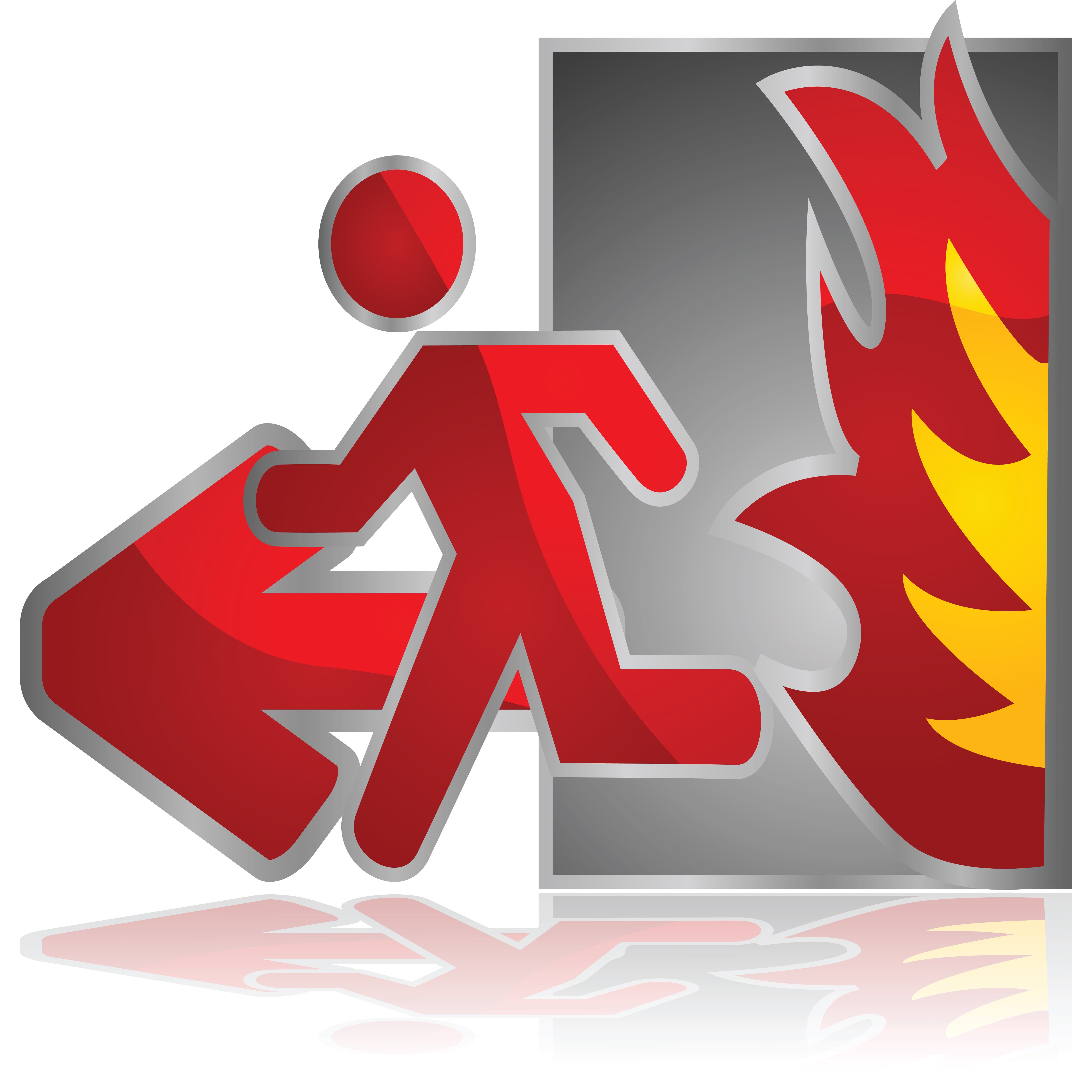Fire Safety: Protecting Your Home and Family

Why Fire Safety Matters
Fire safety is important for several reasons. The first and most obvious is the protection of your family and home. By taking steps to prevent fires and prepare for emergencies, you can minimize the risk of injury, death, and property damage. Additionally, many insurance companies require certain fire safety measures in order to provide coverage, so it's important to stay compliant in order to avoid potential financial losses.
Common Causes of House Fires
Before we delve into the specific steps you can take to prevent and prepare for fires, it's important to understand the most common causes of house fires. These include:
- Electrical malfunctions, such as faulty wiring or overloaded outlets
- Cooking accidents, such as leaving food unattended on the stove
- Heating equipment, such as space heaters or furnaces, that haven't been properly maintained
- Cigarettes and other smoking materials
- Candles and other open flames
Preventing Fires in Your Home
The best way to protect your home and family from fires is to prevent them from happening in the first place. Here are some steps you can take to reduce the risk of fires:
- Keep flammable materials away from heat sources, such as stoves and space heaters.
- Don't overload electrical outlets. If you need to use a power strip, choose one with a built-in surge protector.
- Never leave cooking food unattended on the stove. Keep flammable materials, such as potholders and dish towels, away from the stove.
- Regularly clean your dryer's lint trap to prevent buildup that could spark a fire.
- Don't smoke indoors, and never leave cigarettes or other smoking materials unattended.
- Use caution with candles, ensuring they are placed on a stable surface and are not near flammable materials.
Preparing for Emergencies
Even with the best prevention efforts, fires can still happen. That's why it's important to prepare your home and family for emergencies. Here are some steps you can take:
- Install smoke detectors in every bedroom and on every level of your home. Test them regularly and replace the batteries twice a year.
- Create a fire escape plan with your family, and practice it regularly. Make sure everyone knows where to go and what to do in the event of a fire.
- Keep a fire extinguisher in an easily accessible location, and make sure everyone knows how to use it.
The Benefits and Risks of DIY Fire Safety Measures
While there are plenty of steps you can take on your own to improve fire safety in your home, there are also some risks associated with DIY approaches. Here are some potential benefits and risks to consider:
Benefits
- DIY measures can be cost-effective and allow you to take immediate action to protect your home and family.
- Many DIY measures, such as installing smoke detectors and creating a fire escape plan, are simple and straightforward.
Risks
- DIY measures may not be as effective as professional installations, such as installing a sprinkler system.
- DIY measures may not meet local building codes or insurance requirements, which could result in financial losses in the event of a fire.
- DIY measures may give you a false sense of security, leading you to neglect other important fire safety precautions.
FAQ
Q: Can I install my own smoke detectors?
A: Yes, you can install your own smoke detectors. However, it's important to follow the manufacturer's instructions carefully and test the detectors regularly to ensure they are working properly.
Q: Are fire extinguishers effective for all types of fires?
A: No, fire extinguishers are not effective for all types of fires. Different types of fires require specific types of extinguishers. It's important to choose the appropriate extinguisher for your home and learn how to use it properly.
Q: How often should I replace my smoke detector batteries?
A: You should replace your smoke detector batteries twice a year, or whenever the detector emits a low battery alert.
Q: Are sprinkler systems required by law?
A: Sprinkler systems may be required by local building codes or insurance companies. It's important to check your local regulations and insurance requirements to ensure compliance.
Conclusion
Fire safety is a critical aspect of responsible homeownership. By taking steps to prevent fires and prepare for emergencies, you can protect your home and family from devastating losses. While there are some risks associated with DIY fire safety measures, there are also many benefits to taking immediate action to improve fire safety in your home. Remember to follow local regulations and insurance requirements, and never neglect important fire safety precautions.
